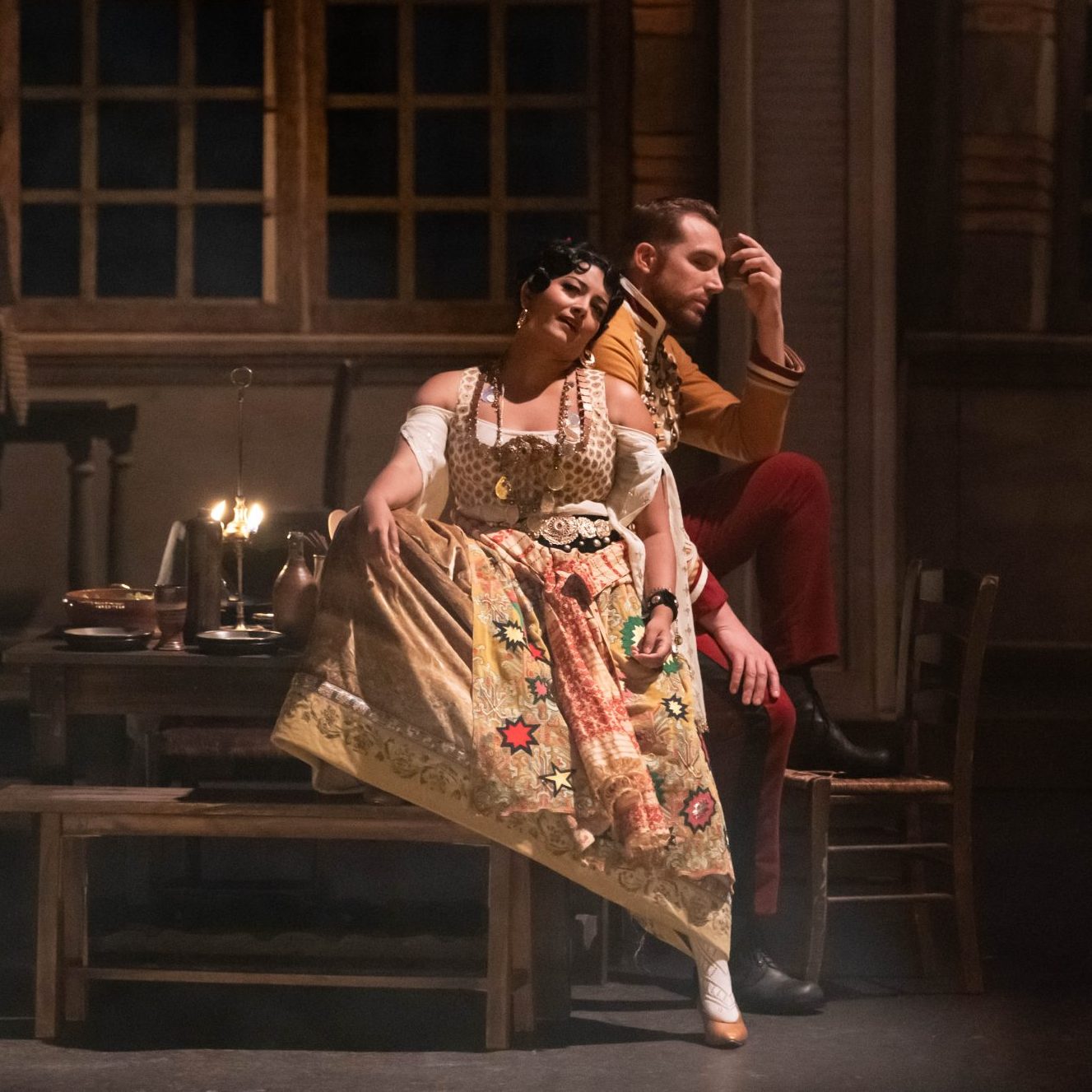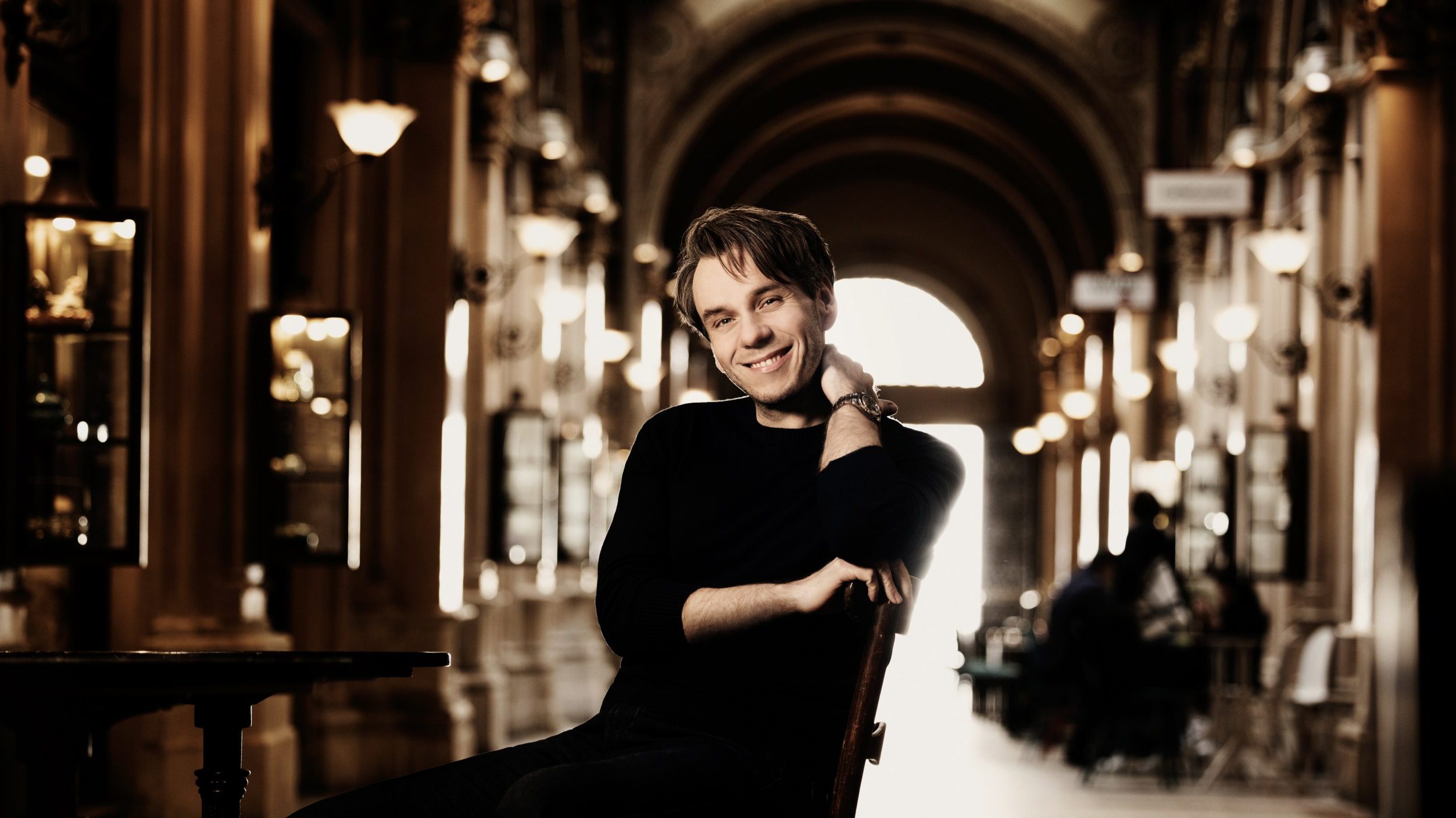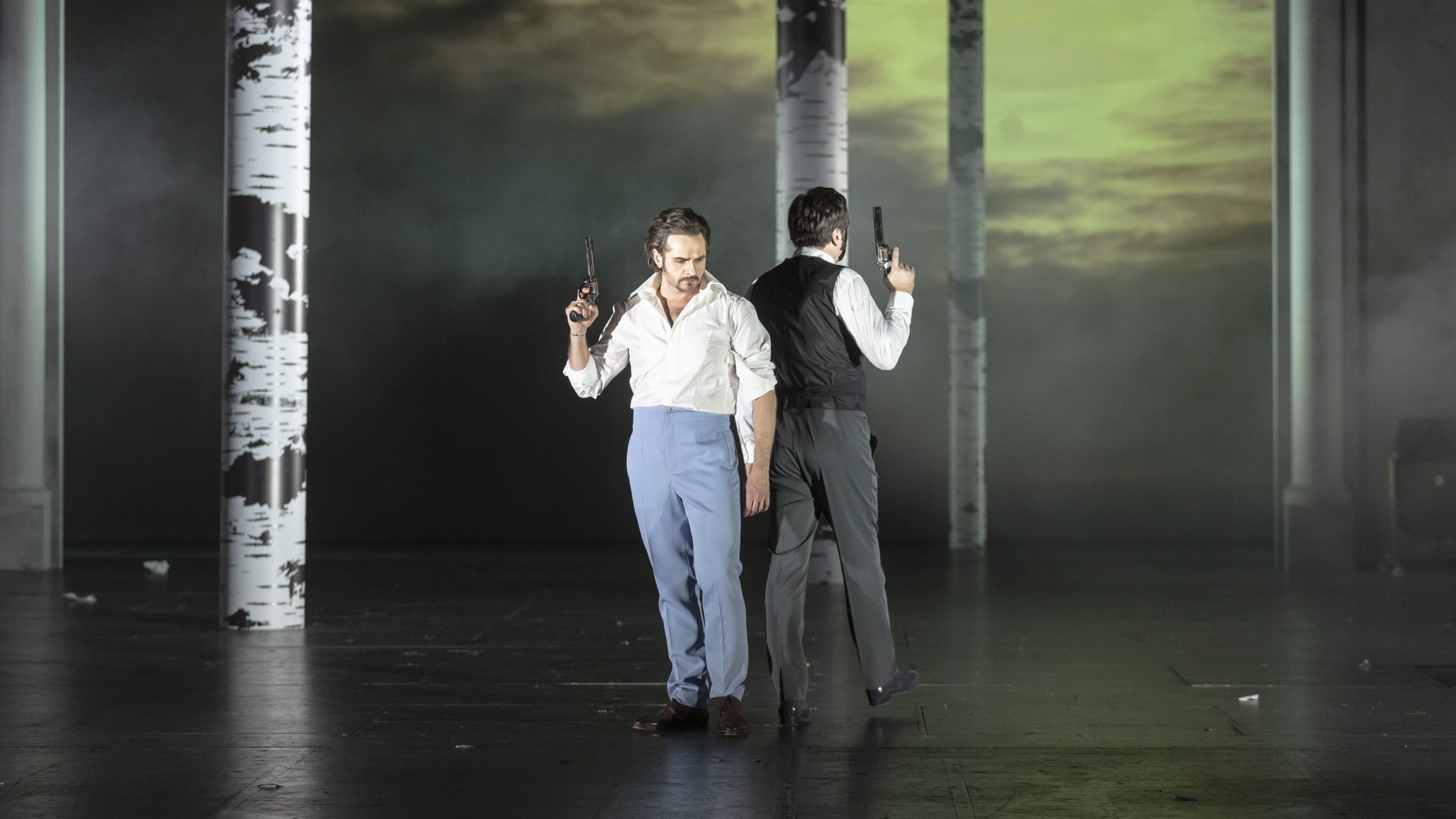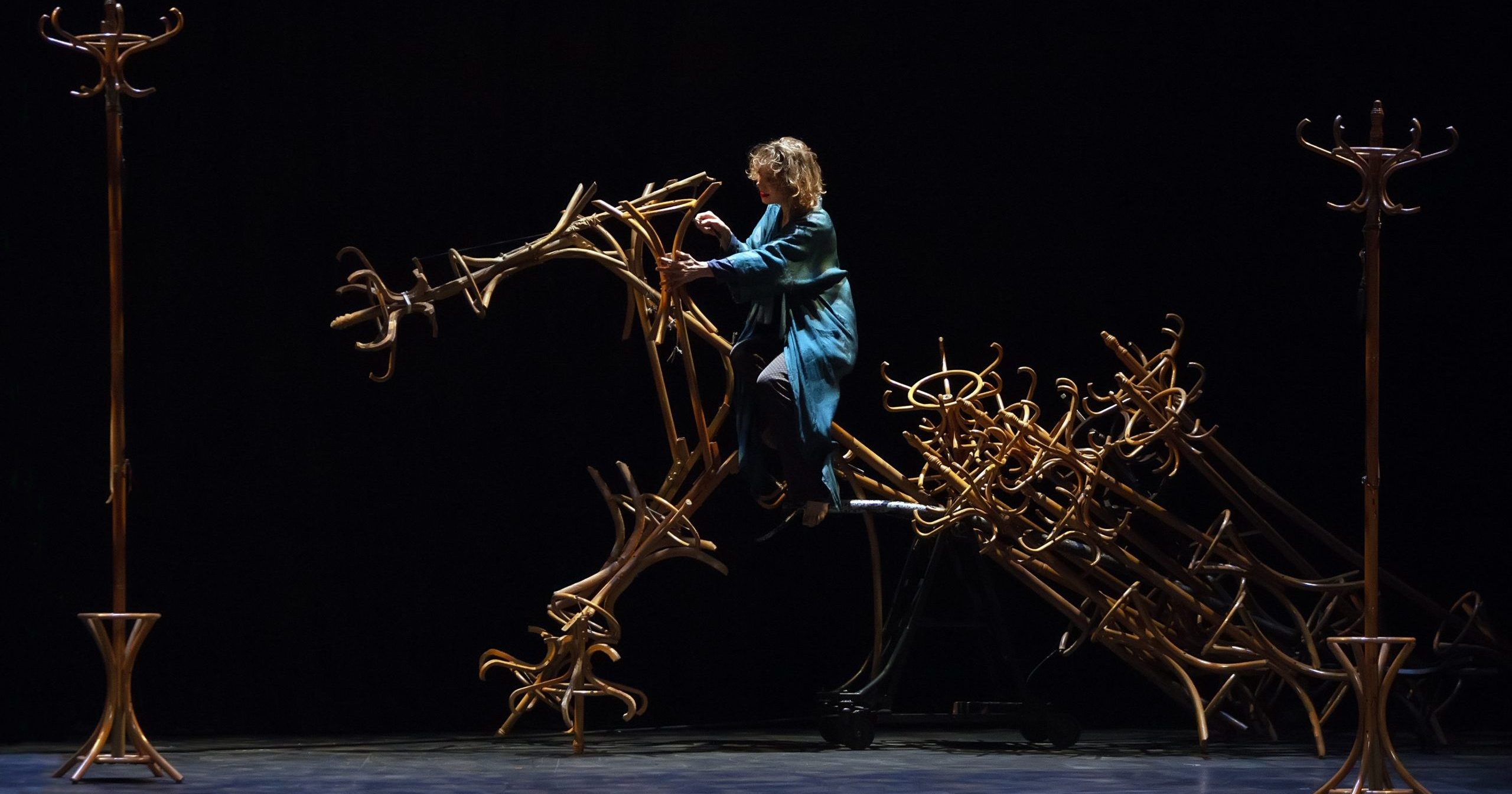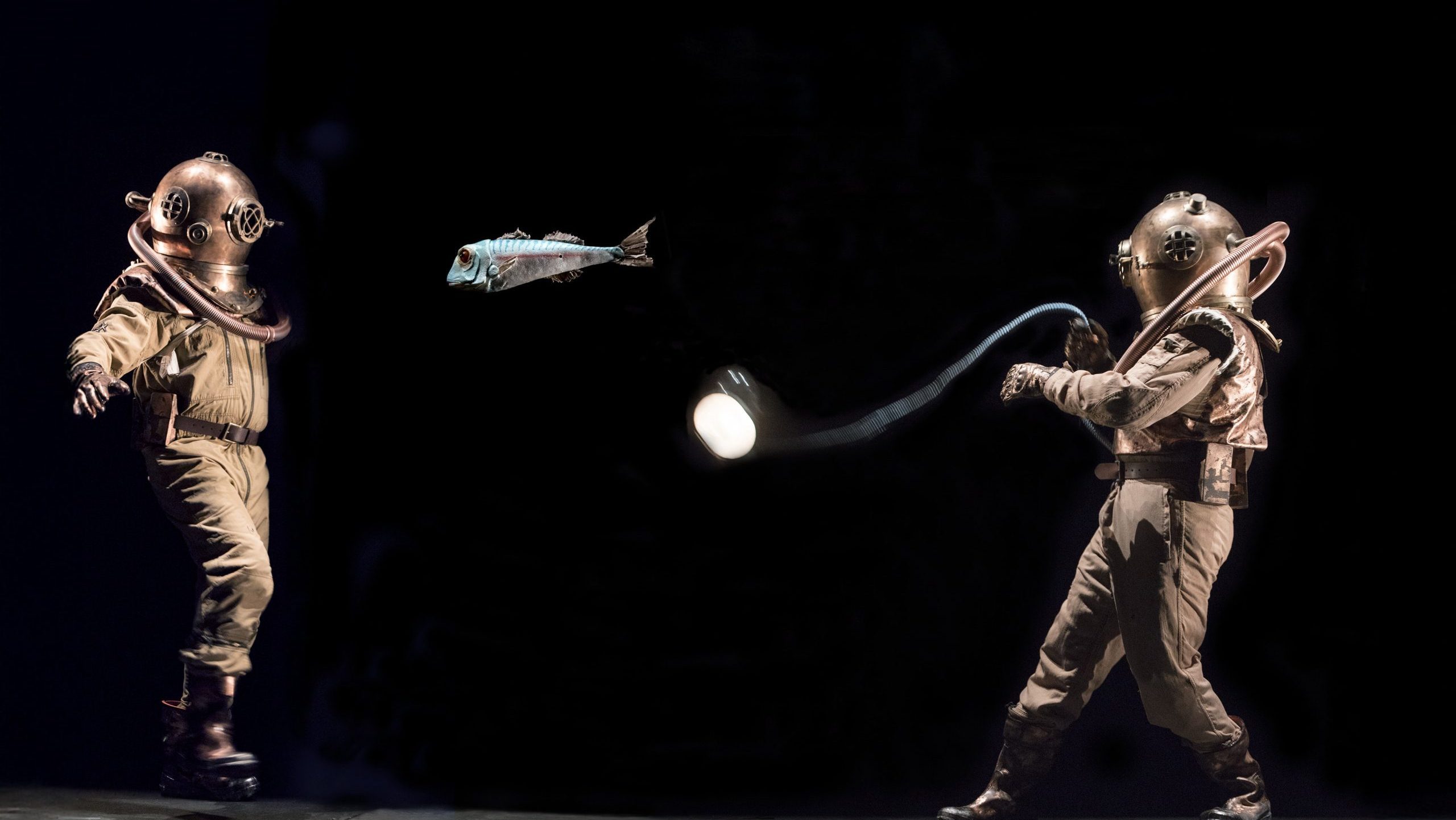A new production of Carmen takes an unexpectedly traditional approach to staging the iconic opera. Rather than opting for a contemporary reimagining, this rendition transports audiences back in time, meticulously recreating the aesthetic and ambience of the 1875 original.
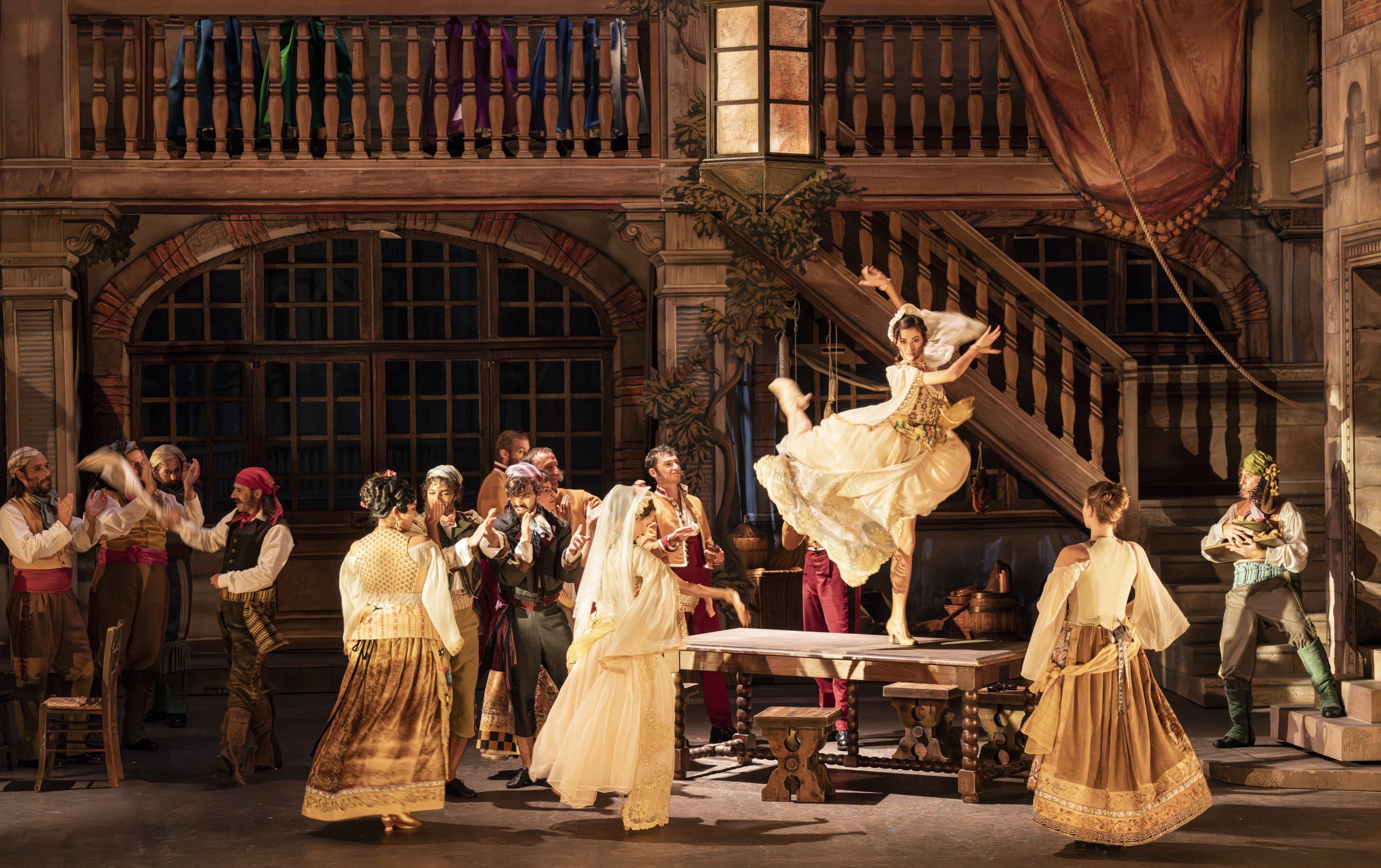
French Romantic composer Georges Bizet's 1875 masterpiece Carmen still feels strikingly modern, with its strong female lead, and the contrast between the wildness and violence of the two central characters and their genuine emotional connection. Telling the story of Spanish soldier Don José's downfall after he falls for the passionate gypsy Carmen, it introduced elements that were shocking at the time: characters, particularly female ones such as Carmen, that weren't cardboard cutouts of supposedly virtuous attributes, as well as action deemed dangerously risqué.
Many contemporary productions of the opera utilise innovative modern staging. But a new production being brought to the Hong Kong Arts Festival by the Venice-based Palazzetto Bru Zane—an organisation dedicated to rediscovering and popularising French Romantic music from 1780-1920—has done the opposite, taking the original Paris performance as its direct inspiration.
"We believe it's something people have never seen," says its stage director, Romain Gilbert. "It's not been done before: to recreate what people would have seen 150 years ago.
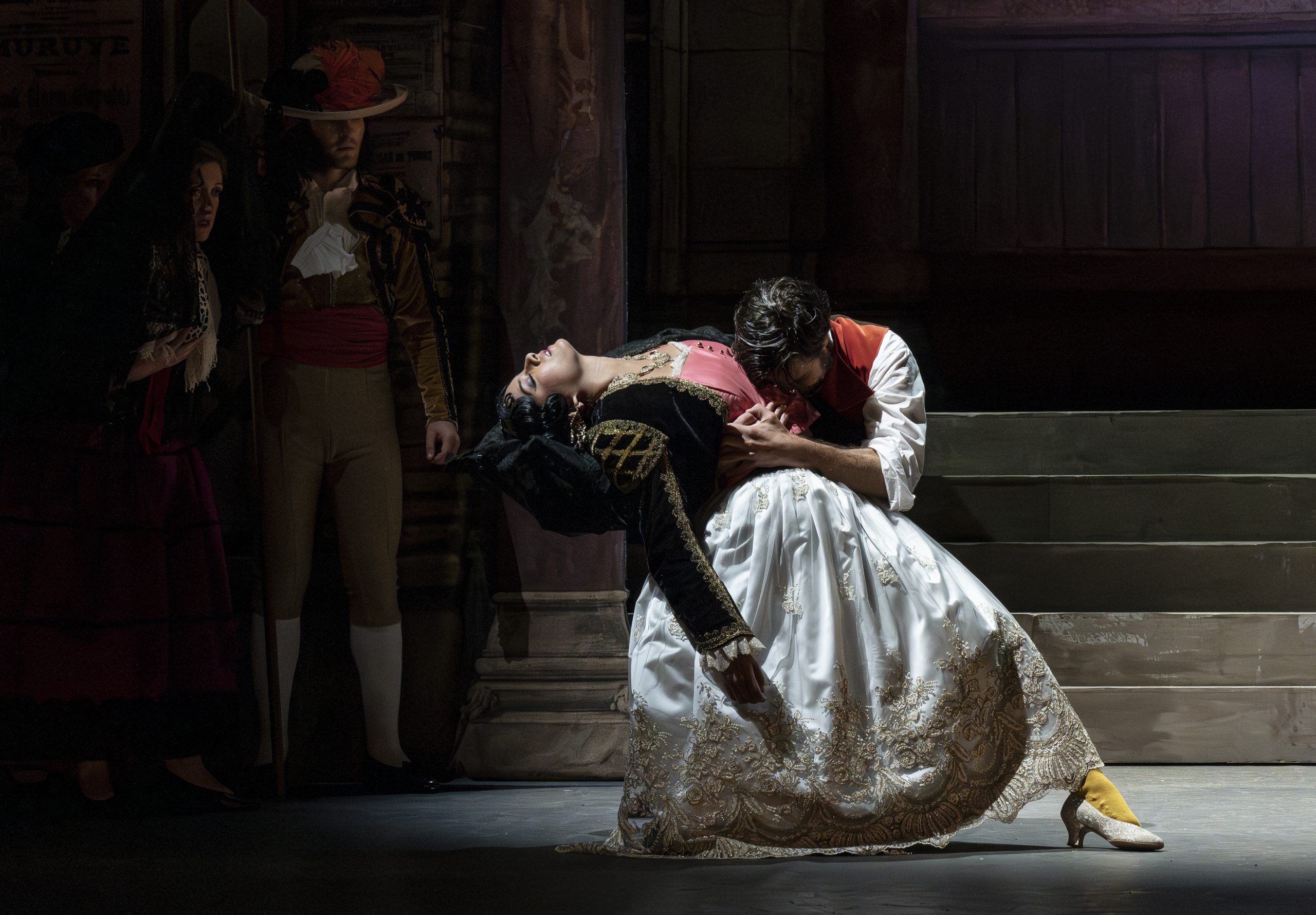
"It caused quite a scandal in 1875. Having this character who steals, who dies, in a theatre for the family. It was changed over the years and lost a bit of violence, so I went back to the source [an 1845 novella by Prosper Mérimée] to show how manipulative she is, and how violent they both are."
The production—which debuted in 2023 at France's Théâtre des Arts, Rouen—faithfully recreates the 1875 original. Fortunately, says Gilbert, plenty of sources were available to help with the process: illustrations and photos of sets and costumes, and in particular the detailed staging manual from the time.
"In this small booklet, you can find almost all the information you need to revive the show. It's the document that made Carmen so famous abroad. All operas at the time had one. It has information about the costumes, the sets, where people should stand, where the extras and chorus were on the stage."
So profound have the changes in opera production been during the past 150 years that Gilbert's role didn't even exist when Carmen was first staged. Today, his role in drawing out the emotional development of the characters is critical, something he says is particularly true in the case of the male lead.
"The character of Don José is very interesting psychologically. He's fascinating for a director—always up and down. At the end of every act, he's making a decision—and they're always bad ones. He says: 'If you don't love me the way I want to be loved, I will turn violent.' We need to understand where his violence is coming from."
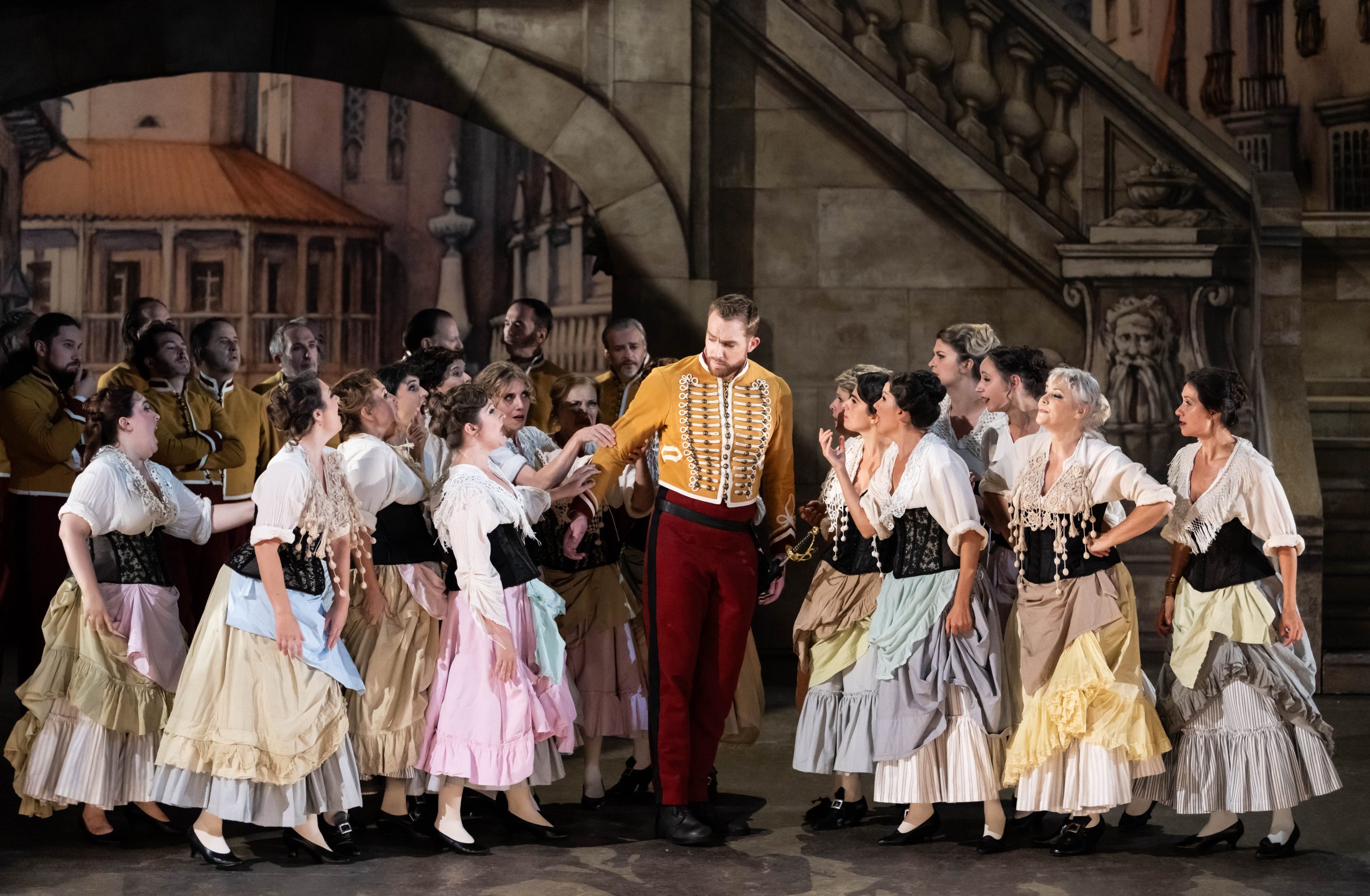
Physically recreating the production has involved numerous challenges. It was hard, Gilbert says, to find craftspeople capable of painting the sets, which are typically printed these days. The weak gas lighting of the 19th century could only fully illuminate the front of the stage, so the back was barely used—and this is hard to replicate with electric lighting. Then there are the costumes, reflecting the Iberian setting in their bold use of colour, which were created by famed couturier Christian Lacroix, who has been enjoying an acclaimed second act in the opera, using a blend of historical sources and a hefty dose of his own creativity.
"He had a lot of drawings, but some don't exist at all; he had to invent them," says Gilbert. "There is a museum in France dedicated to stage costumes [the National Centre of Stage Costume], which houses a guard's costume used in the 1875 premiere of Carmen. We were able to see the exact yellow of the jacket and pants in order to be able to reproduce them."
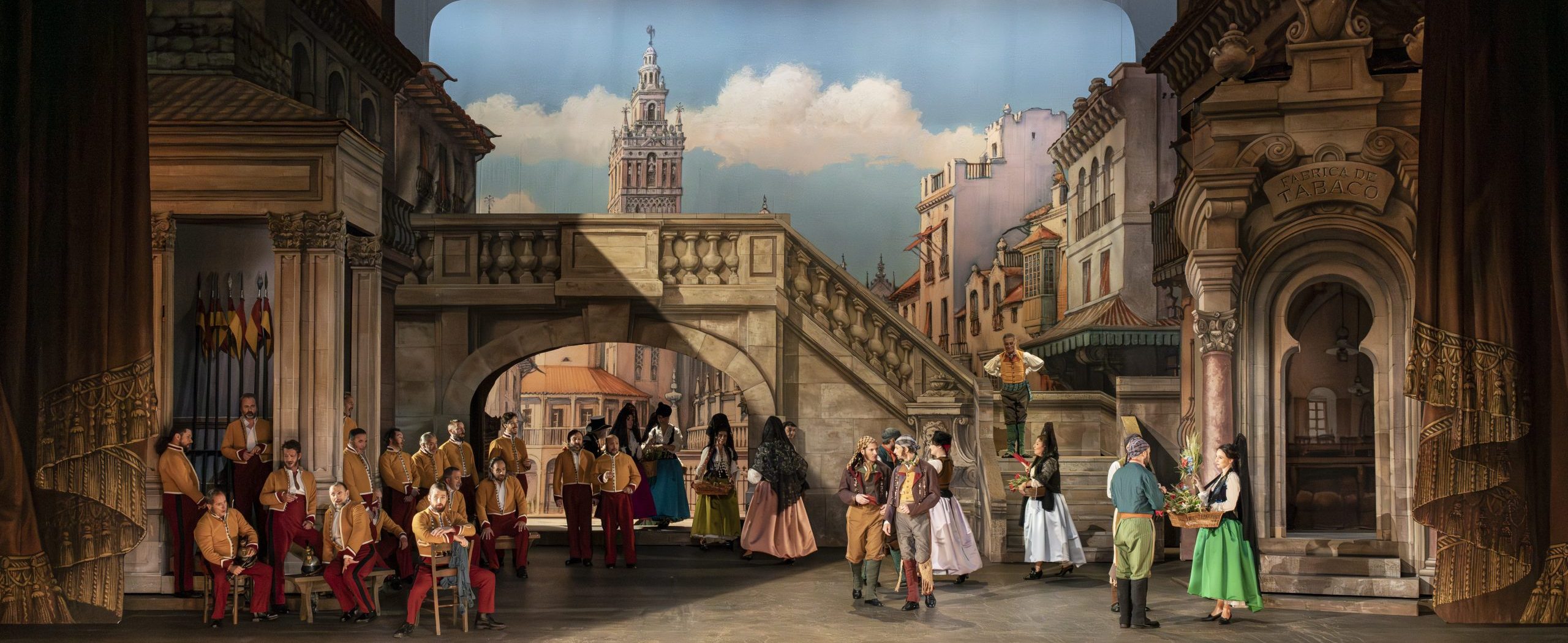
The production also varies in one key aspect from the 1875 Paris original—it features the recitatives, or sung narration, added by composer Ernest Guiraud for the version that subsequently toured Europe and the USA, rather than the spoken narration from Paris.
"We wanted to present the version that made Carmen famous," says Gilbert. "With the spoken version, it would have been huge—you add maybe 40 minutes. We lose certain things but we gain in energy and dramatic tension."
With Carmen celebrating its 150th anniversary in 2025, it's that drama that makes the opera so enduring, Gilbert adds—together with the sheer power of its music. "This opera is played everywhere. Why is it so famous? Because the tunes are so captivating."
Bizet's Carmen
Date: 27-30 Mar 2025
Venue: Grand Theatre, Hong Kong Cultural Centre


